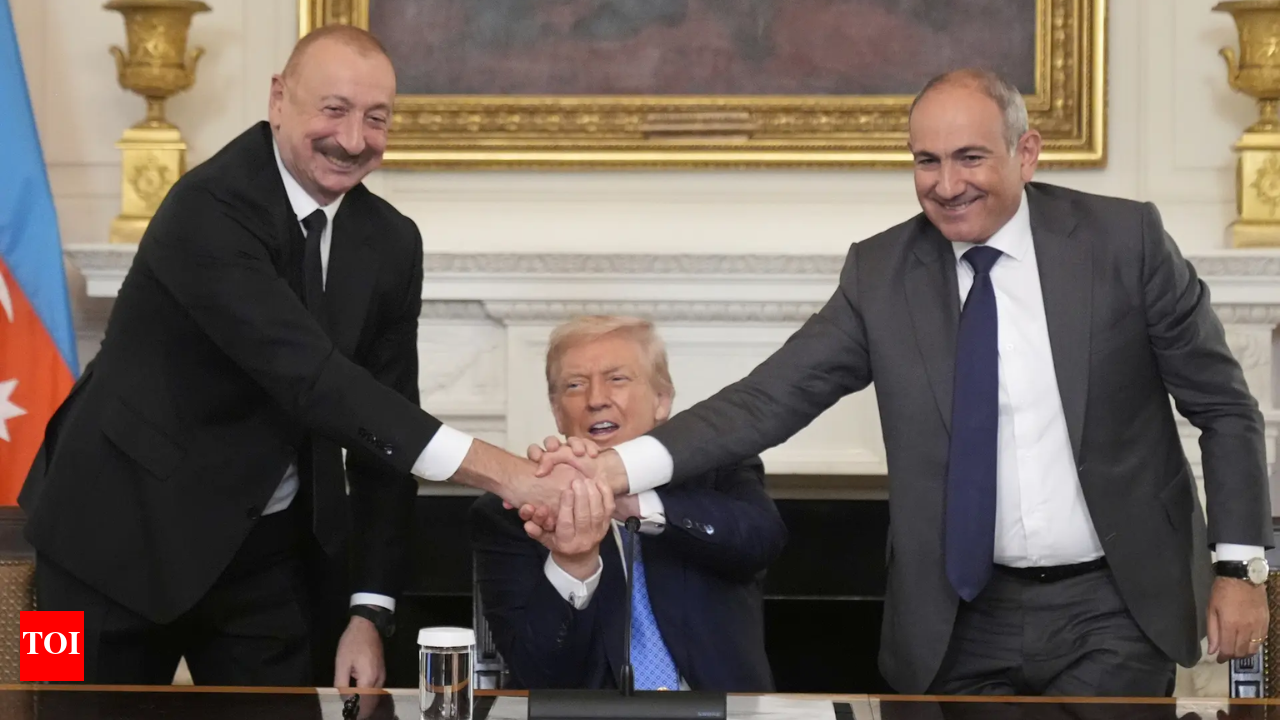Armenia and Azerbaijan Sign Historic Peace Treaty at White House
In a landmark achievement, US President Donald Trump brokered a peace treaty between Armenia and Azerbaijan. The signing ceremony took place at the White House, marking a significant step towards resolving decades of conflict.
Key Agreement Points
The agreement outlines several crucial steps:
- Reopening of Transportation Routes: Both South Caucasus nations have committed to reopening vital transportation routes, fostering regional connectivity.
- Creation of the 'Trump Route': A major transit corridor, officially named the 'Trump Route for International Peace and Prosperity,' will be established.
- Strategic Partnership: Azerbaijani President Ilham Aliyev emphasized the corridor's potential for regional connectivity and the start of a path towards strategic partnership.
- Foundation for a Better Future: Armenian Prime Minister Nikol Pashinyan hailed the deal as a foundation for a brighter future, moving beyond past conflicts.
Geopolitical Implications
The agreement signifies a potential shift in regional dynamics, suggesting a possible diminishing of Russia's influence in the area. The US role in mediating this agreement highlights its growing diplomatic engagement in the South Caucasus.
Additional Agreements
In addition to the peace treaty, separate agreements were signed to enhance US cooperation with both countries in areas such as energy, technology, and the economy, further strengthening ties and promoting economic growth.
Historical Context
The historic Armenia-Azerbaijan territorial rivalry over the Karabakh region is addressed within the framework of this peace agreement.







